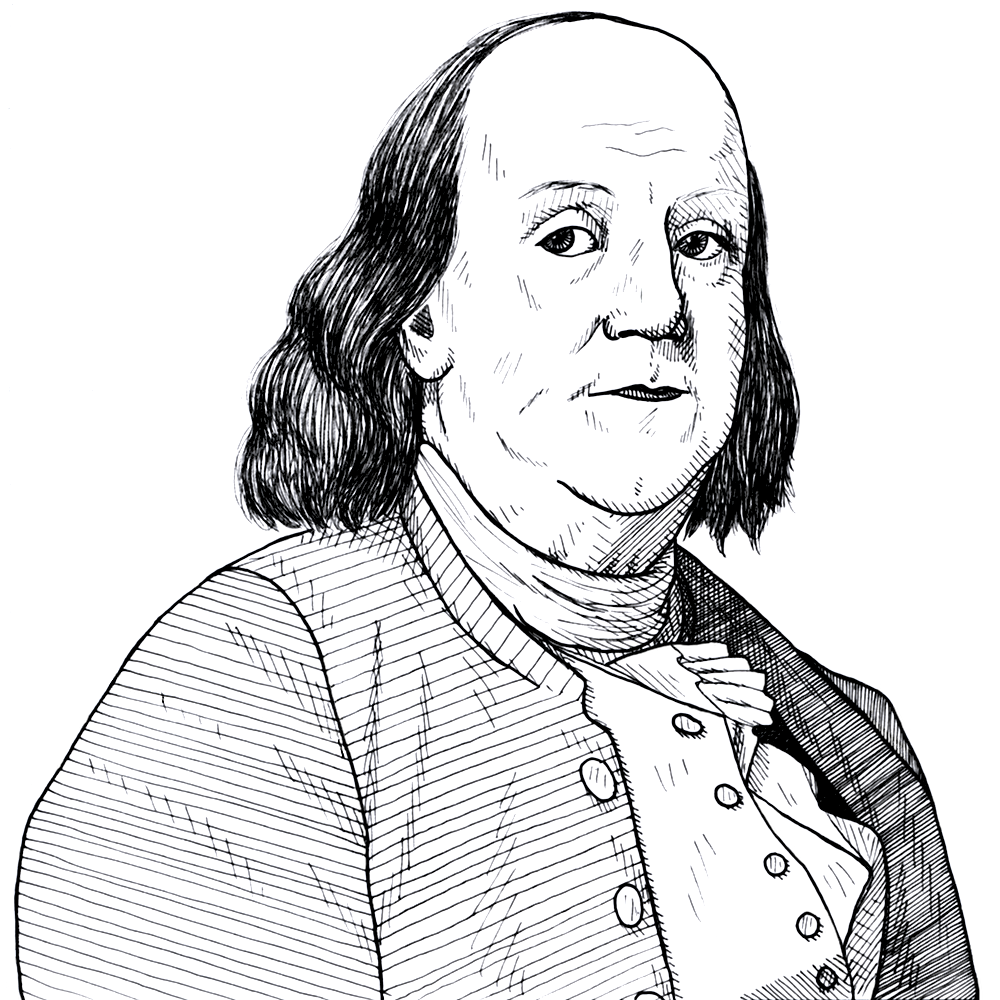
Benjamin Franklin on making the transition from slavery to civil liberty (1789)
Found in: The Works of Benjamin Franklin, Vol. XII Letters and Misc. Writings 1788-1790, Supplement, Indexes
Benjamin Franklin (1706-1790) warns that after having been brutalised by being enslaved the freed slave faces additional problems of adjusting to a life as a free person. Franklin was a member of a society which sought to raise money to assist them in making this transition:
Colonies, Slavery & Abolition
Slavery is such an atrocious debasement of human nature, that its very extirpation, if not performed with solicitous care, may sometimes open a source of serious evils.
The unhappy man, who has long been treated as a brute animal, too frequently sinks beneath the common standard of the human species. The galling chains, that bind his body, do also fetter his intellectual faculties, and impair the social affections of his heart. Accustomed to move like a mere machine, by the will of a master, reflection is suspended; he has not the power of choice; and reason and conscience have but little influence over his conduct, because he is chiefly governed by the passion of fear. He is poor and friendless; perhaps worn out by extreme labor, age, and disease.
Under such circumstances, freedom may often prove a misfortune to himself, and prejudicial to society.